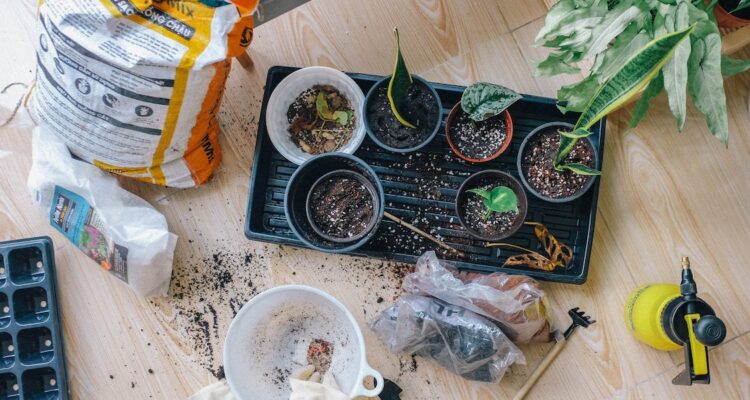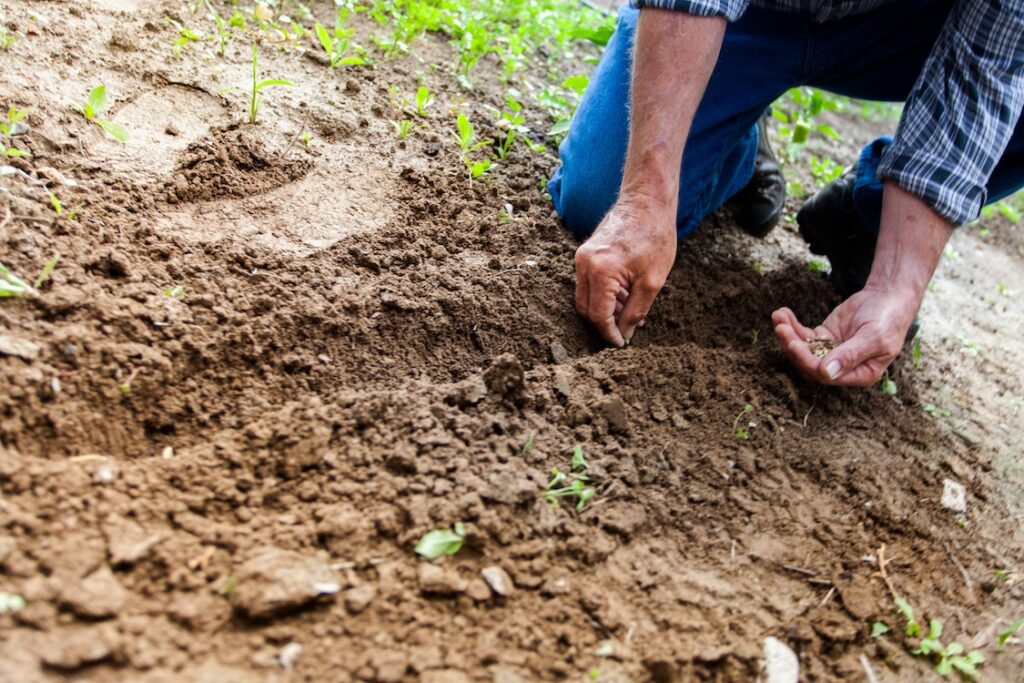
Are you doing some things wrong when you garden? Are you overwatering your plants, harvesting too early or too late, or planting in the wrong place?
Don’t harvest too early or too late
If you have recently started growing marijuana, then you may be wondering how long to wait before you harvest your crop. There are certain factors that you should take into consideration, such as the type of marijuana you are growing and the effects you desire. But in general, you should wait until the buds are nearly all amber, the pistils are at least 70% amber and the trichomes are fully developed.
In addition, it’s important to remember that if you harvest too early, you will get less potent buds and less aromatic cannabis. On the other hand, if you delay your harvesting, you will not only lose yields but you will also have fewer tasty buds. This will not only lead to a poor quality crop, but it could also mean that your plants will shut down.
Luckily, there is a guide for you to follow to help you determine when it’s time to harvest your marijuana. The guide gives you an idea of the ready-to-pick crops that are currently in the growing phase. It also shows you signs that your crop is ready to be harvested.
Overwatering your garden

If you are new to gardening, you might make some mistakes. However, you don’t have to give up on gardening just yet. As long as you are patient, you’ll soon get it right. Here are some common mistakes to avoid.
You might be watering your garden the wrong way. While this might not sound like a big deal, it can have an adverse effect on the health of your plants. Moreover, it can make them more susceptible to disease and other pests.
It’s also important to remember that the frequency of watering changes as the weather and seasons change. This means that a plant that needs lots of water in the summer may need less water in the winter.
You’ll need to be sure that you’re focusing on watering the roots of your plants. This is essential to healthy root growth and disease resistance. If you aren’t sure how much water your plants need, consider performing a finger test.
If your soil has too much clay, it may not have good air circulation and watering will be difficult. To correct this, add organic matter.
When it comes to deciding when to water, it’s best to water in the morning. The reason is that it is the cooler time of the day and less water is lost to evaporation. This is particularly true for plants with deep roots.
Another common mistake to avoid is under-watering. If the plant leaves look dull, it’s likely that your plant is thirsty. You might even find that the leaves are wilting.
Some fruits and vegetables have a tendency to rot when they are overwatered. This can happen when the water sits on the leaves, which can invite fungus and other pests. It can also damage the root system.
Mono-cropping
When it comes to gardening, there are many things you should be aware of. If you’re a novice, chances are you’ll make a few mistakes. But with practice, you can avoid the most common ones. For example, people underestimate the usefulness of grow tents so if you want to start gardening inside your home then growing tents will be your best friend; you can find grow tents NZ at Indoor Grow.
When you start gardening, you need to ensure that you are planting the right plants in the right places. If you aren’t careful, you could wind up with a garden that fails to produce what you want. You should also monitor your crop to ensure that you’re not losing to pests and diseases.
You should also keep in mind that you’re planting in a climate where it can get very hot and very cold. You should also consider the amount of sunlight your garden gets. The sun is important for fruit and vegetable growth.
Another mistake to avoid is overwatering your plants. If you’re watering your garden too often, the runoff can carry pesticides and fertilizers into your soil. Likewise, too little water can kill your crop.
If you’re not using mulch, you may be allowing the runoff to pick up topsoil and other soil particles. This can cause erosion and clog the soil, making it harder for your plants to grow.
If you’re growing a small number of perennials, you should wait a year before you plant them. This will give you more time to learn your yard’s conditions. Then, you can better control disease and combat pests.
Another tip to make your garden more efficient is to use supplemental lighting. You’ll find that these lights will have a huge impact on your crop. Increasing the amount of light that your crops receive can greatly increase the amount of productivity they experience.
In addition to all these tips, you should be focusing on your favorite crops. This will ensure that you won’t be overwhelmed when you’re ready to harvest.
